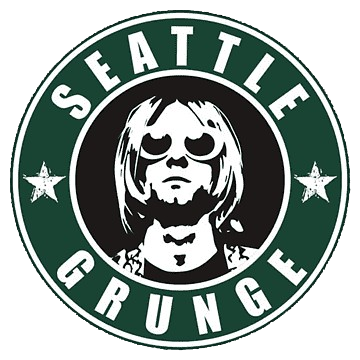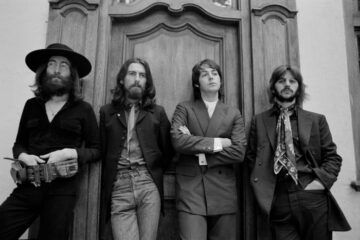From as early as 1965, George Harrison was developing beyond the level of an auxiliary songwriter to John Lennon and Paul McCartney in The Beatles. He had two songs included on the group’s first 1965 album Help!, and two more on their first major full-length artistic statement Rubber Soul later that year.
‘I Need You’, written about his then-fiancée Pattie Boyd, was a major step forward for Harrison as a composer, with its subtle shift to a diminished seventh in the chorus and tempo variation in the bridge sure signs that he was beginning to master songcraft. While ‘You Like Me Too Much’, the other Harrison track on Help!, is a throwaway imitation of Lennon’s earlier song ‘I Don’t Want to Spoil the Party’, the Beatles guitarist’s two contributions to Rubber Soul mark another significant progression.
‘Think for Yourself’ is the kind of brooding anti-social riposte that distinguished Harrison’s personality from those of his bandmates and features a highly original chord progression. ‘If I Needed Someone’, on the other hand, borrows its guitar sound from The Byrds but could easily have been a Lennon-McCartney effort and is one of the highlights of the album.
After these obvious signs of development, many expected to see more Harrison songs on the Beatles records that followed. But while he wrote three of the tracks that ended up on the 1966 album Revolver, many of his subsequent compositions were generally overlooked by the others in the band. Harrison was its younger member, and was treated as such by the domineering Lennon and McCartney.
And so, he began to pile up a backlog of album-worthy songs that were being ignored by his bandmates when he shared them. The first two of these songs date back to the Revolver sessions, even though they’re among the highlights on his 1970 post-Beatles triple album All Things Must Pass.
These initial two tracks wouldn’t have been out of place on The Beatles’ mid-career masterpiece, even if they faced enormously tough competition from the 14 songs that eventually made it onto the record. ‘Art of Dying’ and ‘Isn’t It a Pity’ bear certain similarities to the contemporary Harrison composition ‘I Want to Tell You’ but arguably transcend it both in terms of lyrical density and musical complexity. They bring All Things Must Pass to a profound close alongside ‘Hear Me Lord’, a song that was rejected out of hand by Lennon and McCartney when Harrison brought it to them in January 1969.
They paid little more attention to the title track of his landmark solo album, although they did rehearse a preliminary version of it later that same month, as well as ‘Let It Down’. Yet neither song was ever recorded by the band. Nor was his 1967 track ‘See Yourself’, with its inventive 9/8 time signature, which didn’t get a look in for Sgt Pepper’s Lonely Hearts Club Band amid Harrison’s general disinterest in the album’s recording sessions. It later became an album track on his seventh solo LP Thirty Three & 1⁄3 in 1976.
On the other hand, two of his 1968 compositions, the darky psychedelic ‘Circles’ and the lighter blues number ‘Not Guilty’, did become Beatles demo recordings. They still didn’t make it onto the White Album, though, and Harrison recycled them for solo albums later in his career – 1982’s Gone Troppo and 1979’s George Harrison, respectively.
Harrison famously stated that he had enough songs for two solo records by the time The Beatles broke up. And so it proved with his sprawling 1970 LP, the first solo rock effort of his career. Still, perhaps he needed to shake off the overbearing influence of his musical older brothers before he could truly write freely. Most of the 18 songs on the main four sides of All Things Must Pass were never meant to be Beatles recordings. They belonged solely to Harrison from their very inception.




